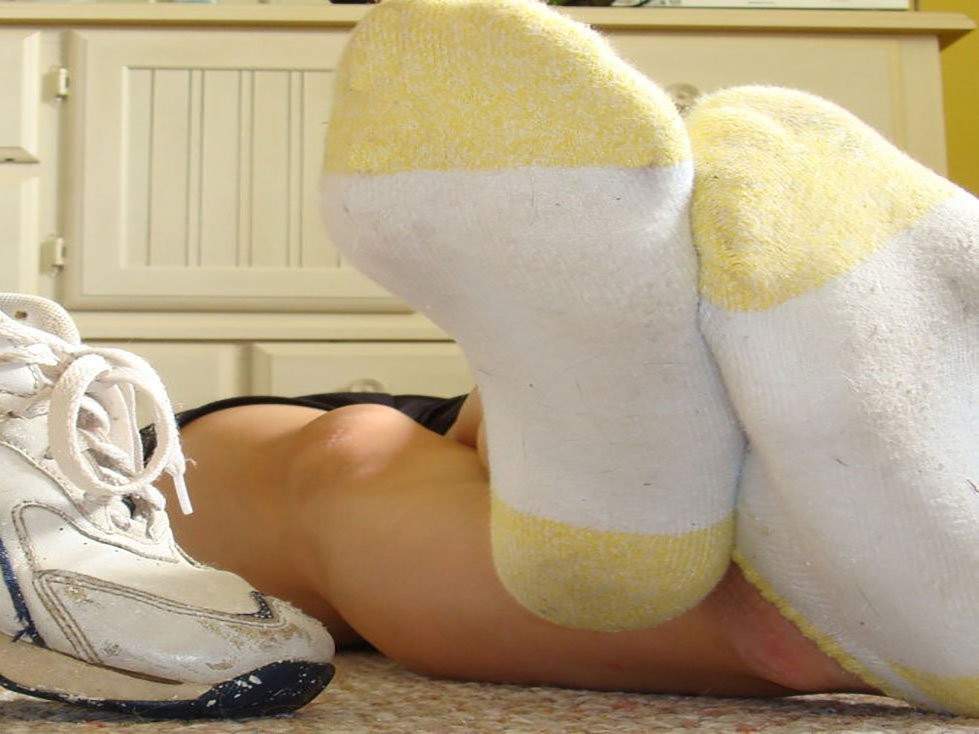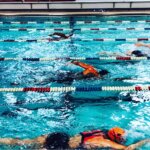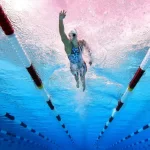No training plan is complete without a good recovery plan. It may seem “best” to train every day of the week. But this can lead to overtraining, mental burnout and injury. As a general rule, take one day per week as a recovery day. On this day, forget about training and focus on recovery.
Just as training plans can be personally engineered, your recovery plan should also be personalized. Here are some suggestions on what to do during as during your recovery day:
- Sleep in! Get that extra hour or two of sleep rather than getting up early to train.
- Stay off your feet. Give your legs some time to rest and recover.
- Eat well. Focus on putting food in your mouth that is nutritious, anti-inflammatory, and muscle building.
- Boost your mental energy. Whether it’s meditating, taking a walk outside, being present, or just surrounding yourself with great people, boosting your mental energy with give you more willpower and mental focus for the rest of the week.
Recovery time can also be built into your low intensity workouts as well. Recovery workouts should be short to moderate in length, and should not tire out your muscles. These workouts can serve a number of functions:
- Give you an opportunity to do drills
- Move your body to improve blood flow
- Put you through the motions to keep your mentally and muscularly familiar with the movements.
- Let you mentally focus on improving your coordination, balance, mobility and movement
- Give yourself a chance to use your fitness as a social outlet like riding to the coffee shop or taking a hike in the woods .
When you finish a workout, you’re actually weaker, not stronger. If you don’t allow your body to recover from your workouts, you may be unable to have a successful workout the next time around, which may ultimately influence your ability to reach your athletic goals.
Again, recovery doesn’t have to entail taking a daily nap. You can recover actively by taking advantage of slower and/or shorter workouts to focus on various aspects of your swim, bike, run—and the transitions between them—that often get neglected during your harder training efforts.
I always tell my triathletes, the workouts are important, but it is the recovery is what makes you stronger and allows you to improve upon your training. If you never allow for recovery you always end up breaking yourself down and further development will never happen. A customized plan will ensure that you are working hard when you need to but also allowing the recovery necessary needed to make you stronger to tackle the next workout.
If you are interested in learning more about triathlon training, please contact me today.







